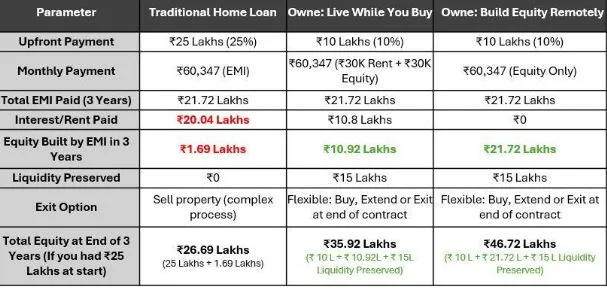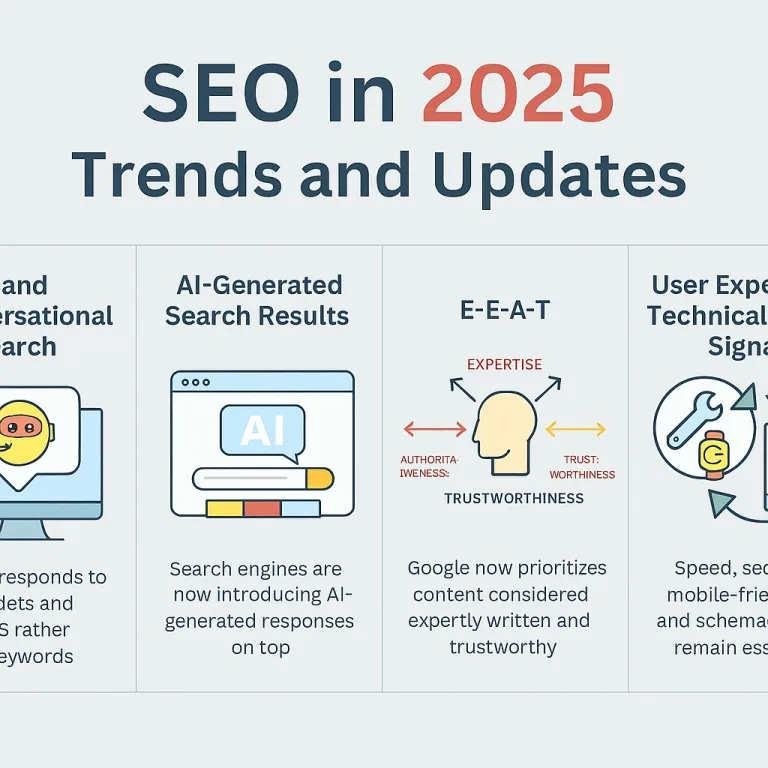Get More Cases: The Power of Personal Injury SEO
In today’s digital-first world, potential clients are more likely to search for legal help online than flip through a phone book or rely on word-of-mouth. For personal injury law firms, this shift presents a major opportunity—and a challenge. With so many firms competing for visibility, simply having a website isn’t enough. To consistently attract new clients, you need to appear at the top of search engine results. That’s where personal injury SEO (Search Engine Optimization) comes in.
Why SEO Matters for Personal Injury Lawyers
Search engines are the first stop for most people seeking legal help. Whether someone has been in a car accident, suffered a workplace injury, or experienced medical malpractice, they’re likely to type their problem into Google and click on one of the top results. If your firm isn’t showing up on the first page, you’re missing out on valuable leads.
SEO helps your website rank higher in search results by optimizing your content, structure, and authority. For personal injury lawyers, this means targeting keywords that potential clients are searching for—like “car accident lawyer near me” or “slip and fall attorney.” The higher your site ranks, the more traffic you get—and the more cases you can convert.
Building a Strong SEO Foundation
Effective SEO starts with a solid foundation. This includes a fast, mobile-friendly website with clear navigation and compelling content. Your site should be easy to use, load quickly, and provide valuable information that answers the questions your potential clients are asking.
On-page SEO involves optimizing each page’s title tags, meta descriptions, headers, and content to include relevant keywords. It also means using internal links to guide visitors through your site and improve user experience. Technical SEO ensures that your site is crawlable by search engines, free of broken links, and structured in a way that supports indexing.
Local SEO is especially important for personal injury firms. Most clients are looking for legal help in their area, so your site should be optimized for local searches. This includes creating and maintaining a Google Business Profile, getting listed in local directories, and earning positive reviews from satisfied clients.
Content That Converts
Content is the backbone of any successful SEO strategy. It’s not just about stuffing keywords into blog posts—it’s about creating helpful, informative, and engaging content that builds trust with your audience. This could include blog articles, FAQs, case studies, videos, and downloadable guides.
For example, a blog post titled “What to Do After a Car Accident in [Your City]” can attract local traffic and position your firm as a helpful resource. Content should be written in a clear, empathetic tone that speaks directly to the concerns of injury victims. A firm that invests in high-quality personal injury lawyer SEO will also focus on content that answers common legal questions, explains the claims process, and highlights successful case outcomes. This not only improves search rankings but also builds credibility and encourages potential clients to reach out.
Link Building and Online Authority
Search engines view backlinks—links from other reputable websites to yours—as a vote of confidence. The more high-quality backlinks your site earns, the more authoritative it appears in the eyes of Google. This can significantly boost your rankings. Link building for personal injury lawyers often involves publishing guest posts on legal blogs, getting featured in local news outlets, and earning mentions from professional organizations. It also includes outreach to relevant directories and legal associations.
In addition to backlinks, your firm’s online reputation plays a role in SEO. Positive reviews on platforms like Google, Yelp, and Avvo not only influence potential clients but also signal trustworthiness to search engines. Encouraging satisfied clients to leave reviews—and responding to them professionally—can enhance both your visibility and credibility.
Tracking Results and Refining Strategy
SEO isn’t a one-time task—it’s an ongoing process. To get the best results, you need to monitor your performance and adjust your strategy based on what’s working. Tools like Google Analytics and Google Search Console can help you track traffic, keyword rankings, and user behavior. Regularly reviewing this data allows you to identify which pages are performing well, which keywords are driving traffic, and where there’s room for improvement. It also helps you stay ahead of algorithm updates and changes in user behavior.
Conclusion
In a competitive legal market, SEO is one of the most powerful tools personal injury lawyers can use to attract new clients and grow their practice. By building a strong website, creating valuable content, earning backlinks, and continuously refining your strategy, you can improve your visibility and convert more online searches into signed cases. With the right approach, your firm can rise above the competition and become the go-to choice for injury victims in your area.






